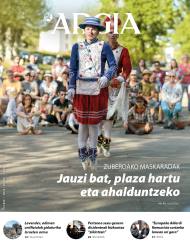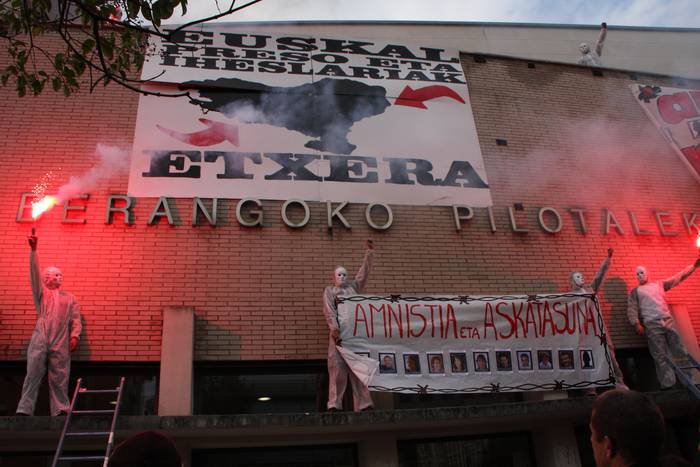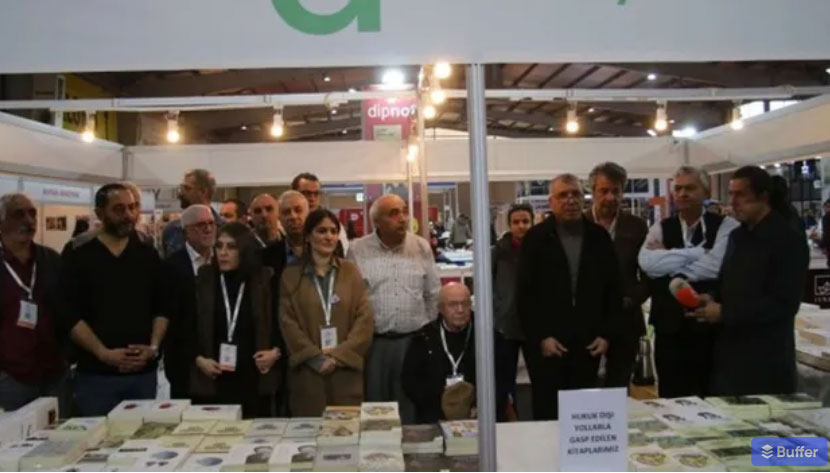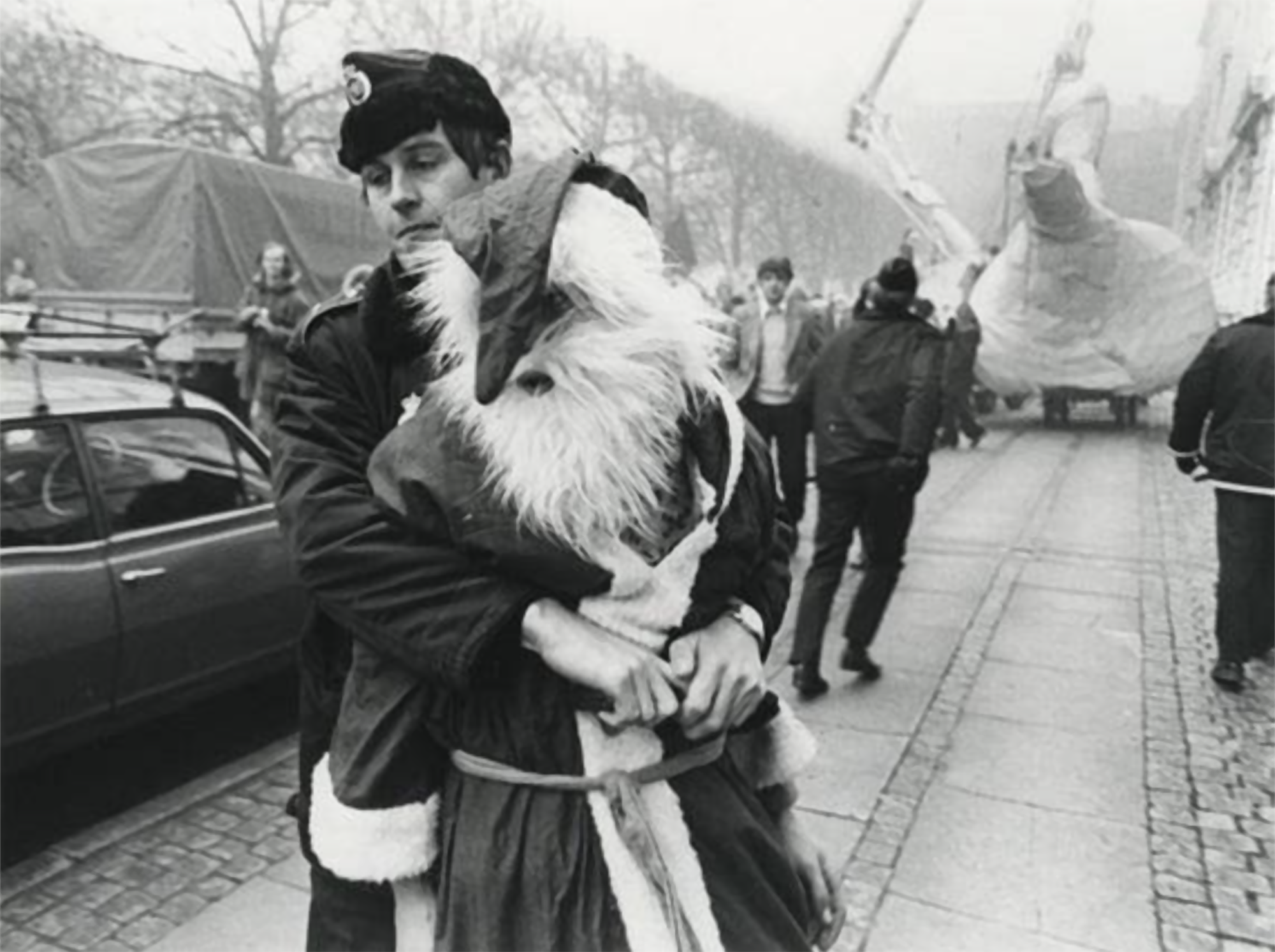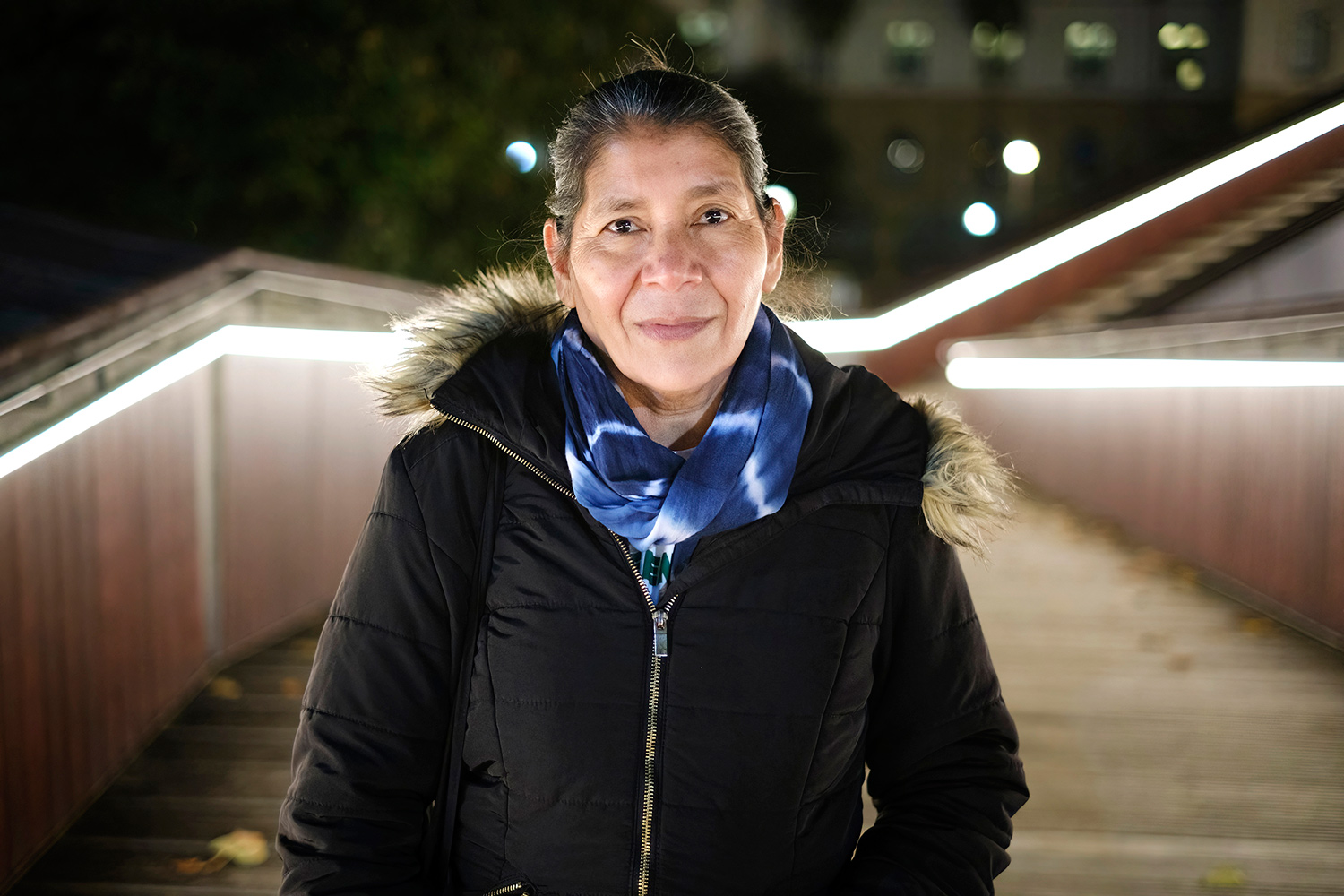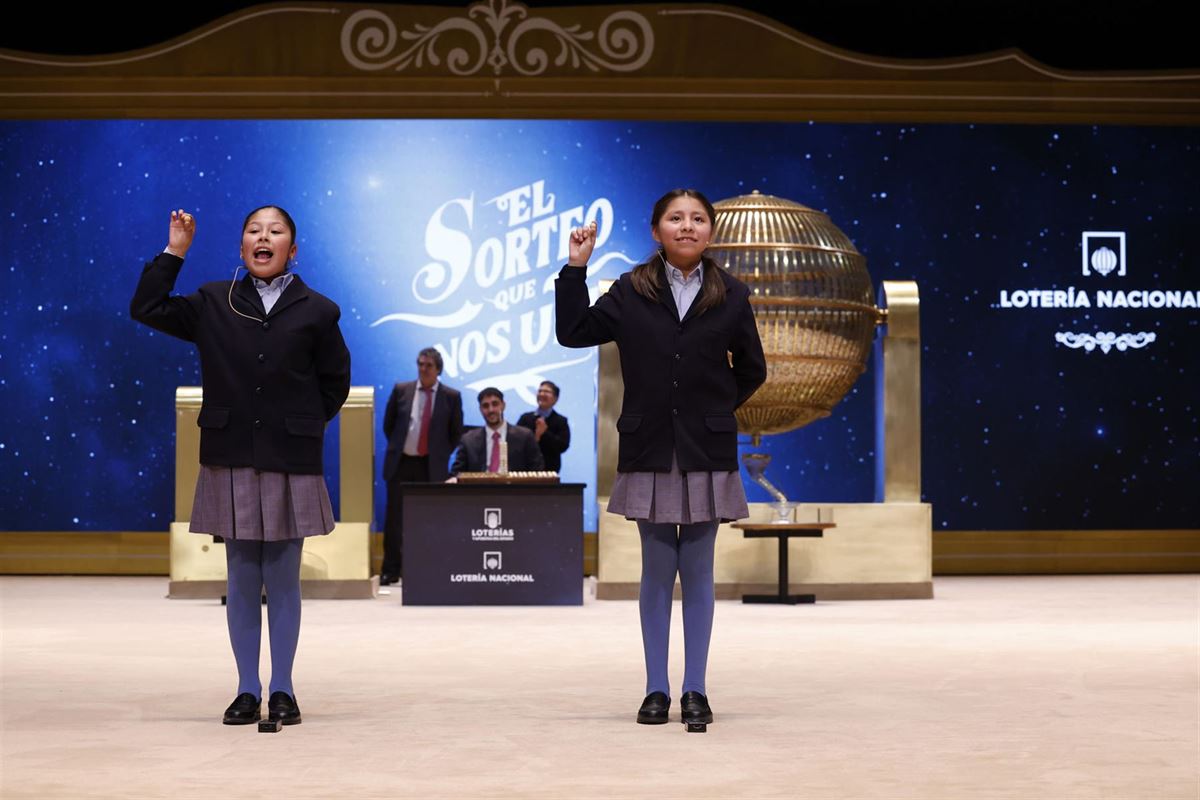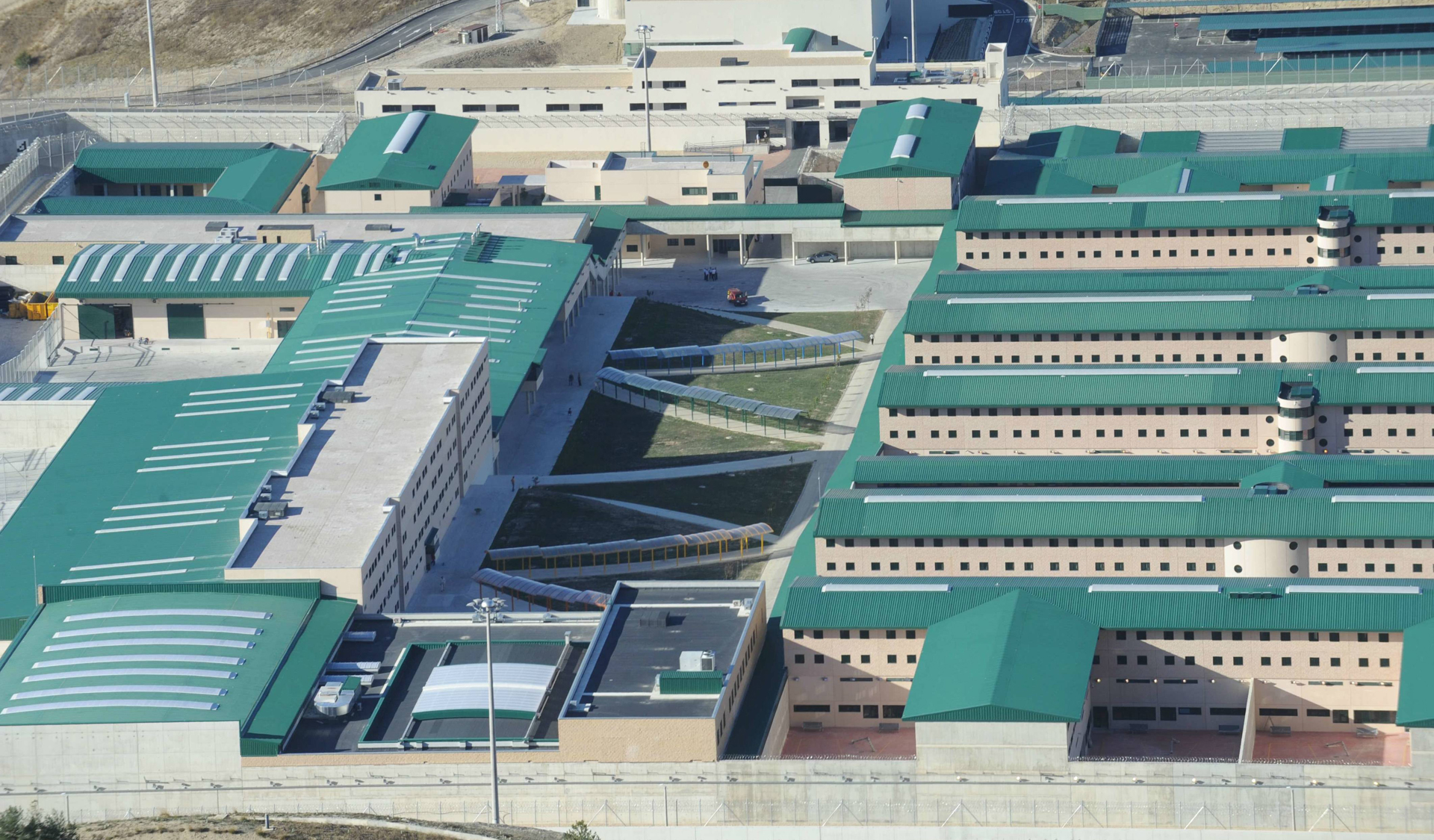Knees to knees, day to day
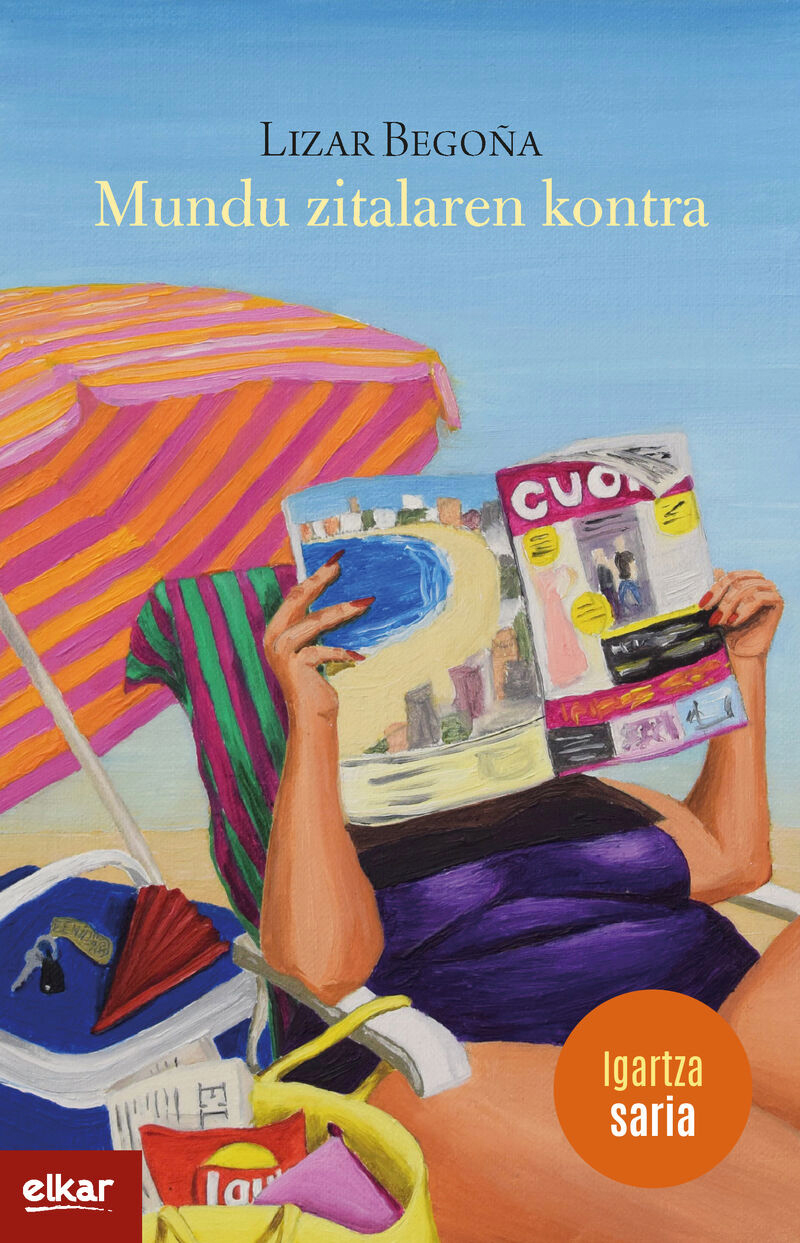
Lizar Begoña has published two poems prior to this novel:
Aro beilegia (Balea Zuria, 2020) and Geopardo Japanese (Susa, 2022). In the third book, there are also poetic images that help to roll the plot: clouds and the desert, key metaphors in this work. In addition, these pages are echoed by cultural traditions such as the Bone Roast (2019), by
Miren Agur Meabe, who is being one of the protagonists and becomes for him a manual to mourn. This is the central theme, the loss and mourning of change: the loss of a relational life model and the mourning of the protagonist who is about to enter adulthood; the crisis of the other protagonist who begins to manage old age, disease and care; the rise and decline of the tourist destination of a people; the end of a way of using communication and information… But it is also a song in favor of life.
An invitation to overcome the obstacles imposed by the perverse world. The title has reminded me thanks to Itxaro Borda's Sad Rain (2021) and with it the phase change and the closing of a period. The poem that appears in the play is part of the song A la vida de Ovidi Montllor, because this work is undoubtedly a “normal life”. However, genealogies and intergenerational transmission
are the central axis of this book. Sarrionandia from the Pott band in 1980 or Cano from the Lubaki band in 1990 did so from poetry to narrative. As Borda did in the 1980s, Meabe between 1980 and 1990 and Rozas in the early 2000s, Lizar Begoña has jumped from poetry to narrative in the 2020 decade. So what does this generation member of the generation born at the end of the 20th century have to say that
has grown with the turn of the century? What new imaginary will bring us to the Basque letters? That is the greatest contribution of this novel. In the words of one of his narrators: “Sometimes he is fabulous with the old age of our generation. What are we going to tell you? I imagine without silence of our love revolution, of the bollers, of the transfeminist explosion, of the girls without movement, but of the adolescents who coincided with the birth of the whatsapp.” The two narrators will represent two generations and walk parallel paths in the same place and time, both close and away. We will follow your steps.
.jpg)
Copenhagen, 18 December 1974 At 12 noon a ferry arrived at the port, from where a group of about 100 Santa Claus landed. They brought a gigantic geese with them. The idea was to make a kind of “Trojan Goose” and, upon reaching the city, to pull the white beard costumes... [+]









